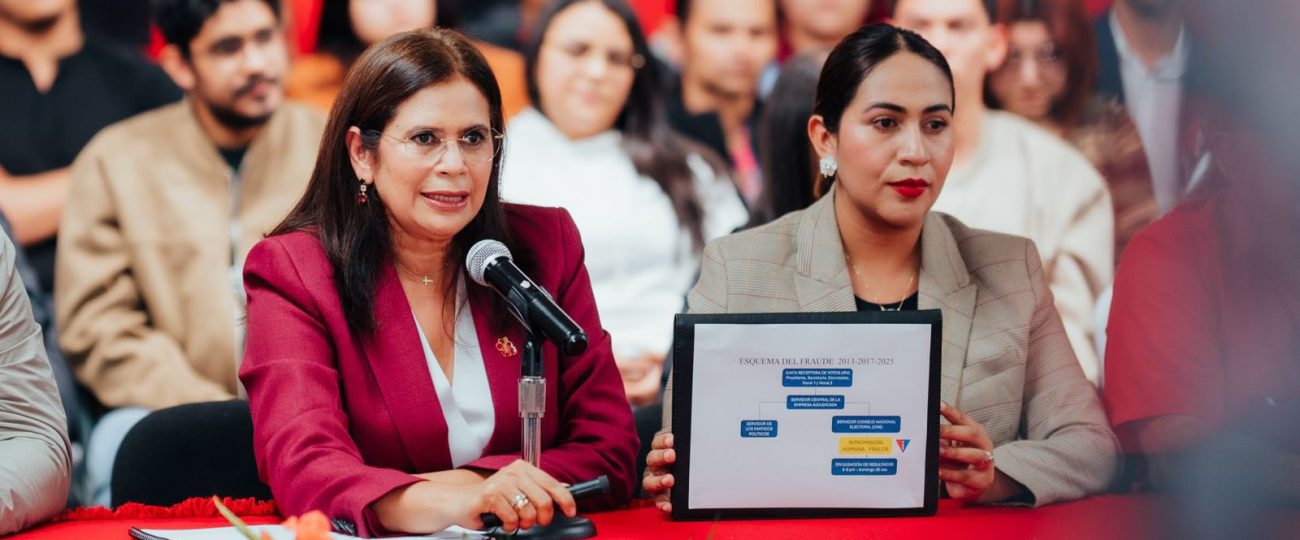The most recent political surveys indicate a decline in backing for the ruling party’s nominee, Rixi Moncada, of the LIBRE party, relative to the primary contenders from the opposition. The findings highlight a reduction in voter support for the party in power and an increase in favor for its competitors across various areas of the nation.
Official statements and interpretation of the data
According to political analysts, Moncada’s decline is linked to public dissatisfaction with LIBRE’s performance. The economic crisis, allegations of corruption, and questions about transparency in previous processes have weakened confidence in the ruling party.
This situation poses a challenge for the governing party to sustain its voter support and adjust its approach in an environment characterized by public dissatisfaction.
Responses from the opposition and political stance
Opposition parties have succeeded in crafting speeches that resonate with the primary worries of the people. Issues such as safety, economic resurgence, and combating drug trafficking have become the central elements of their plans, enhancing their influence in both cities and rural regions.
The advancement of the opposition indicates a change in the priorities of citizens and how voters assess the political choices available to solve the nation’s challenges.
Electoral scenario and institutional tensions
Although there are still months to go before the elections, the available data point to a close contest. The weakening of the ruling party and the rise of the opposition reflect a polarized landscape that is testing institutional stability.
The progression of the campaign will hinge on how effectively political figures address the needs of the public and how the electoral race develops amid a backdrop of built-up skepticism toward institutions.




